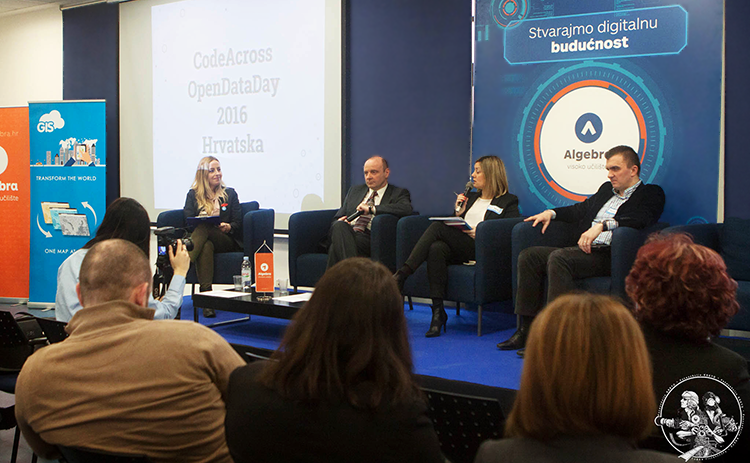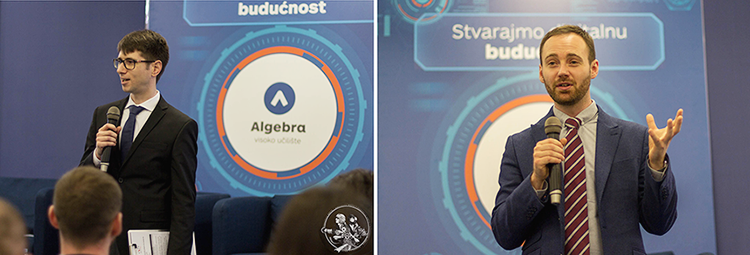How can local and federal governments contribute to the digital transformation, citizen engagement and information transparency?
Some of these questions were in focus last weekend (4.-6. of March), when CodeAcross and OpenDataDay events were held in Zagreb. Events included different panels focusing on information science curriculums and the importance of open data for governments and communities. Weekend hackaton that followed panel discussions motivated projects focused on public education infrastructure such as public schools geocoding project. Another related project was connecting and comparing available study programs and corresponding student quotas with available jobs currently listed in National Employment Bureau.
These events emphasized the importance of open data and information transparency for governments in general, especially local. Knowing that the idea of a smart city and smart government relies on data and data collection process, used for simplifying and improving the lives of individuals together with managing public services more efficiently, we could say that open data plays a significant role in creating smarter and more sustainable communities for the future.
Open data could serve government officials in different departments for highlighting the value of information transparency in maintaining a good relationship towards the citizens they serve. Open data also enables citizens to engage and improve their communities in correspondence with local government bodies. Disclosing government-held data to the public can help enhance services to citizens applying not only to different citizen initiatives such as CodeAcross and OpenDataDay, but also by improving coordination among agencies, internal and external stakeholders.
For example City of Canton portal includes information about various services, ranging from public transportation and infrastructure to road closure applications. This enables various departments to visualise their data in a single map portal and at the same time helping citizens and other stakeholders to stay informed about city zoning or available properties.
Having this in mind, one other thing not to be forgotten is that local government’s dedication towards open data can also bring economic benefits to the community. 2013 McKinsey report stated that making open data has the potential to create $3 trillion in value worldwide. Releasing public data in exportable formats inspires developers like those who attended last week’s hackathon to create different software applications that may also serve to start-up new businesses and initiatives, opening new jobs and returning back through tax money to the local economy.
This was recognized in the highest political circles of american government, when in the same year of the McKinsley report prediction, president Barack Obama stated that:
Openness in government strengthens our democracy, promotes the delivery of efficient and effective services to the public, and contributes to economic growth.
The same goes for the UK Government investing a £1.5 million to support open data initiatives, its Cabinet Office Minister stating:
We know that it creates a more accountable, efficient and effective government. Open Data is a raw material for economic growth, supporting the creation of new markets, business and jobs and helping us compete in the global race.
We could say that there is no time left to waste when we talk about local government initiatives towards opening the data for public use. Geospatial data, especially, is a key for a smart, sustainable and successful communities, revealing crime rates in neighborhoods, road closures, potholes or nearest health facilities. Data can be used in preventing diseases, sanitation planning in case of floods, managing district heating needs or helping the homeless population. Geospatial data is a crucial source for predicting which areas of the city are at risk during a flooding or a heat wave.
Open data enables citizens to be more involved with different governmental decisions, at the same time increasing accountability and transparency. It is the transforming agent of change, creating a whole new approach on the ways of communication between the citizens and their governments.
Looking for a way to involve citizens and make a first steps towards being a smart city? Check out a recording of GIS Cloud Smart Cities – City Portal webinar.









